Trump’s transgender bans on military, sports ignite US debate
Kamran Khan says Trump’s orders on transgender rights have sparked legal and political backlash
News Desk
The News Desk provides timely and factual coverage of national and international events, with an emphasis on accuracy and clarity.
In a recent vlog, Kamran Khan detailed how U.S. President Donald Trump has issued a series of executive orders reversing transgender-inclusive policies in both the military and sports, triggering widespread legal and political challenges across the country.
The new orders ban transgender individuals from enlisting or serving in the U.S. military and prohibit their participation in women’s sports competitions—reinstating policies that had previously drawn backlash during Trump’s first term.
Trump’s move reverses the Biden administration’s decision to allow transgender personnel to serve openly in the military. The executive order also nullifies military coverage for gender-affirming medical care, such as hormone therapy and surgeries.
Defense Secretary Pete Hegseth issued a follow-up memo reinforcing the order, stating that transgender individuals are “incompatible” with the medical, psychological, and operational standards of the U.S. armed forces. The policy aims to prioritize troops who meet “the highest values and standards.”
The U.S. military currently has about 1.3 million active-duty service members. Estimates suggest roughly 15,000 of them are transgender. The figure is based on a 2016 survey that identified over 2,000 troops expressing gender dysphoria—distress over their assigned gender.
Trump’s directive calls for the military to recognize only two genders: male and female. In his view, transgender inclusion poses a threat to unit cohesion, readiness, and national security.
Legal experts and civil rights groups have filed petitions in various U.S. district courts, arguing that the ban violates the Fifth Amendment’s guarantee of equal protection. During proceedings, Columbia District Court Judge Ana Reyes questioned the intent behind the ban, calling it “biased” and “immoral” for labeling an entire group unlawful.
Veterans' groups also voiced concern. American Veterans for Equal Rights said the policy removes highly trained personnel from critical defense roles, jeopardizing U.S. national security.
Trump’s crackdown isn’t limited to the military. He also signed an executive order banning transgender athletes from competing in girls’ and women’s sports. The order states that “men identifying as women” should not be allowed to dominate or injure female athletes.
The policy threatens federal funding for schools that defy the order and allows penalties against officials who support transgender athlete participation in girls' teams.
Trump has also tasked Secretary of State Marco Rubio with pressuring the International Olympic Committee to revise its “ridiculous rules” on transgender participation before the 2028 Los Angeles Olympics.
Another directive instructs Homeland Security to reject visa applications from transgender athletes who, in Trump’s words, “misrepresent their gender” to participate in women’s sports.
Kamran Khan noted that Trump’s transgender policies reflect his broader political strategy—similar to his hardline positions on illegal immigration and trade tariffs. These moves have energized his conservative base, but also sparked fierce opposition.
President Biden had reversed Trump’s initial transgender military ban through a 2021 executive order, restoring Obama-era protections. His administration also covered medical transition costs through the military’s health plan and appointed Dr. Rachel Levine—the first openly transgender person confirmed to a federal office—as Assistant Secretary for Health.
According to USAFacts, around 2.3 million American adults, about 1 percent of the U.S. population, identify as transgender. This sizable community, along with millions of allies, has called Trump’s new orders unfair and discriminatory.


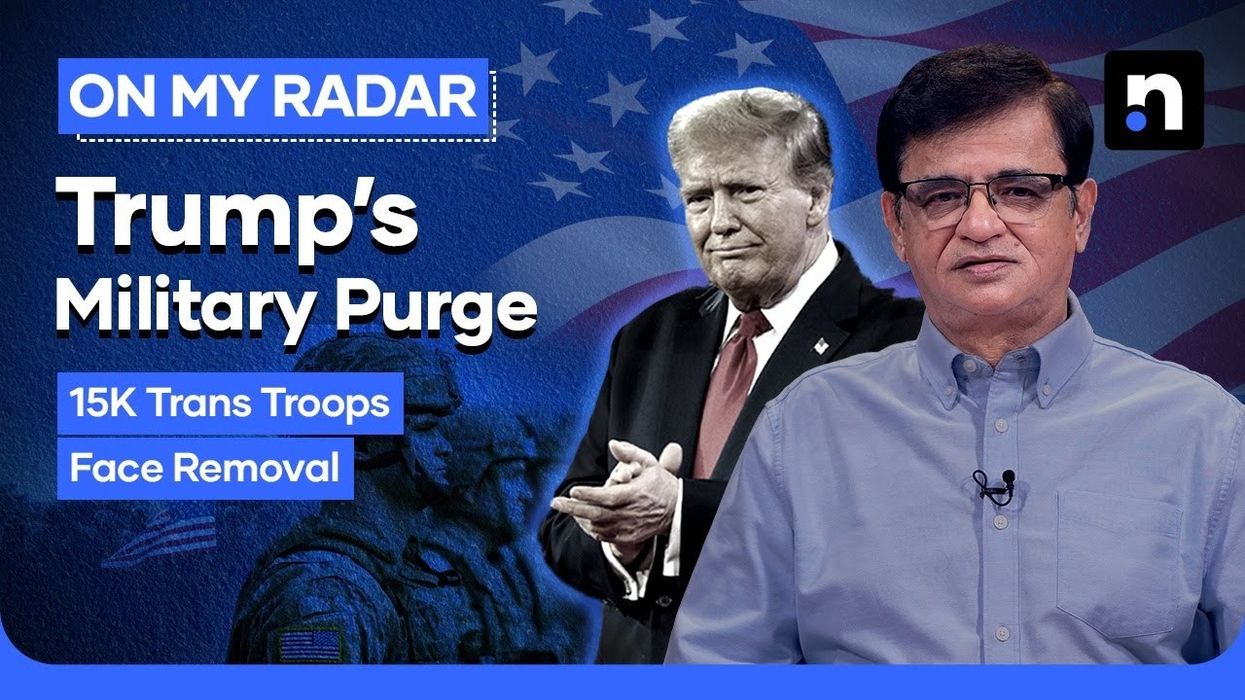
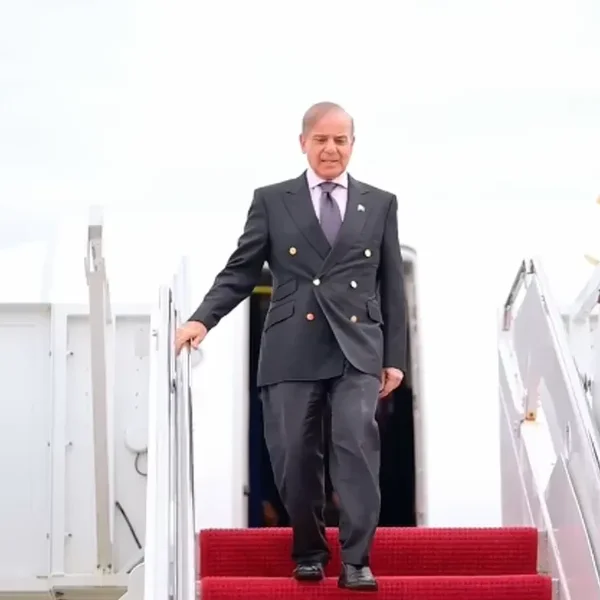


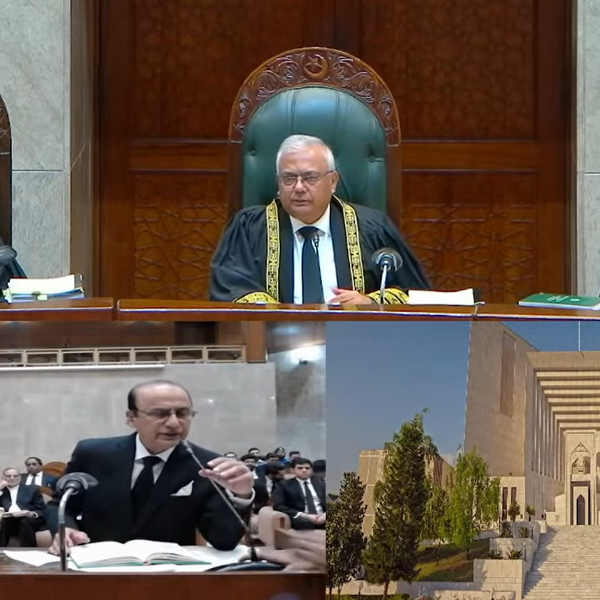
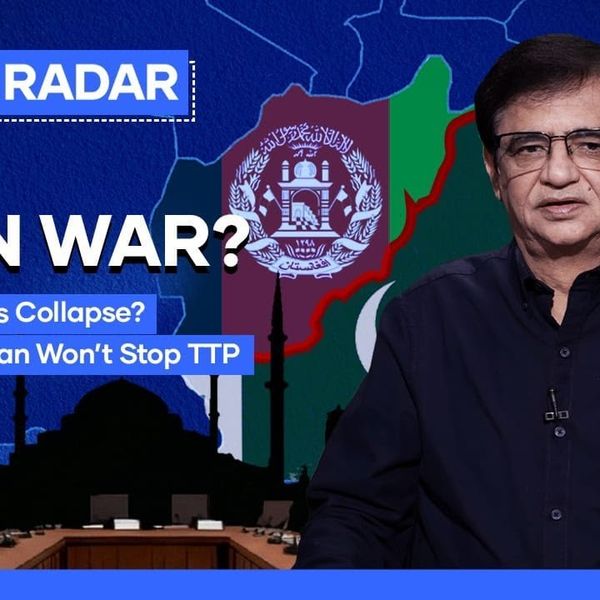

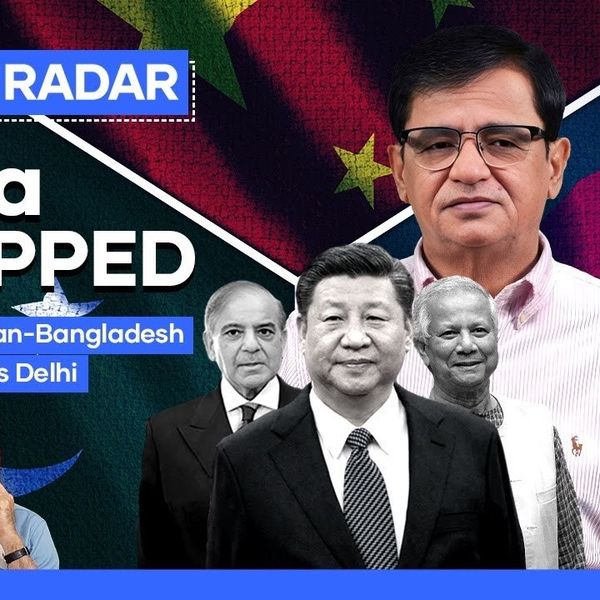

Comments
See what people are discussing